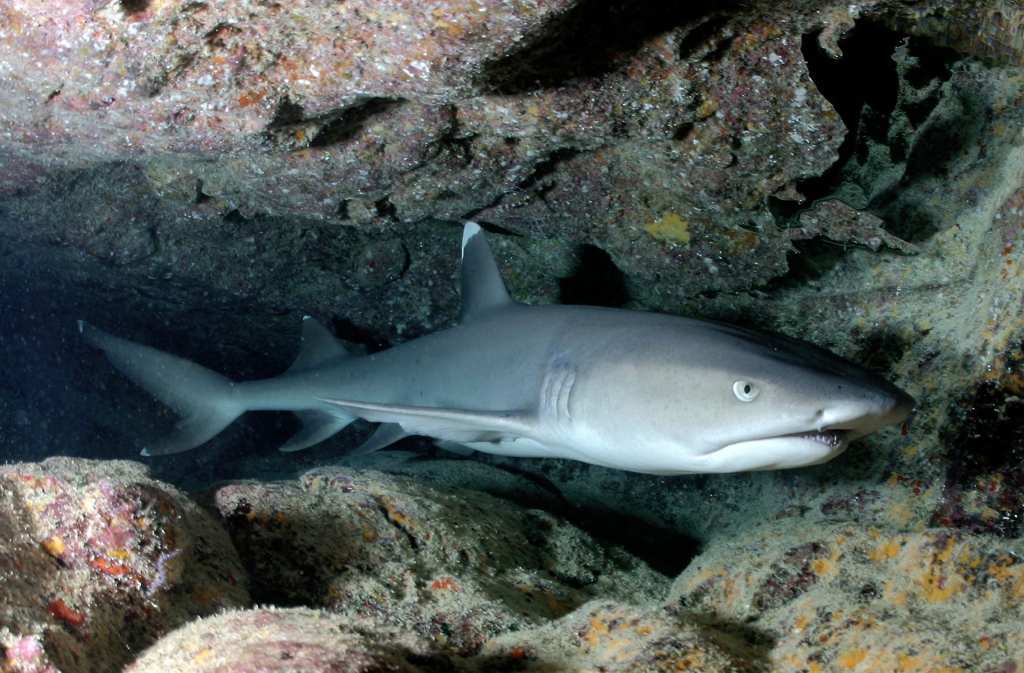Kentucky is synonymous with fried chicken, Wildcats basketball and horse racing.
Apparently we need to add sharks to the list.
Scientists recently discovered a shark skull inside a cave in Kentucky that dates back quite a few years. And we’re not talking a few decades.
The 330-million-year-old skull was found in the 400-mile long Mammoth Cave National Park, which just so happens to be the longest known cave system in the world.
https://www.instagram.com/p/B4huKwEpukv/
Rick Olson and Rick Toomey, who both work as Mammoth Cave scientists, found the fossil. John-Paul Hodnett led a team of paleontologists in identifying the fossil as one that originated in the Late Missisippian geological period that occurred between 358 to 323 million years ago.
Hodnett could hardly contain his excitement over the unique discovery.
“There’s hardly ever any record at all of sharks’ teeth coming from these rocks,” he told CNN. “So this is a brand new record of sharks from a particular layer of time.”
The Rick duo that found the fossil buried within the limestone cave walls has been hard at work mapping a part of the Kentucky cave system.
Hodnett’s team eventually excavated a 2.5-foot portion of the shark’s jaw. Based on the jaw size, the prehistoric animal would have measured comparably to a modern great white shark.
https://www.instagram.com/p/B4ipc3kJpgC/?utm_source=ig_embed
While the discovery was certainly impressive, it isn’t close to the oldest shark fossil found. Fossilized skin scales of sharks dating back to 450 million years ago were found in Colorado and Central Australia. In fact, the oldest shark teeth on record were found from the Devonian Period, which took place between 418 to 358 million years ago.
“Mammoth Cave has a rich fossil shark record and there’s still much more to uncover,” Hodnett said.
I guess the discovery would qualify as big news, after all.






